Doctor Jekyll
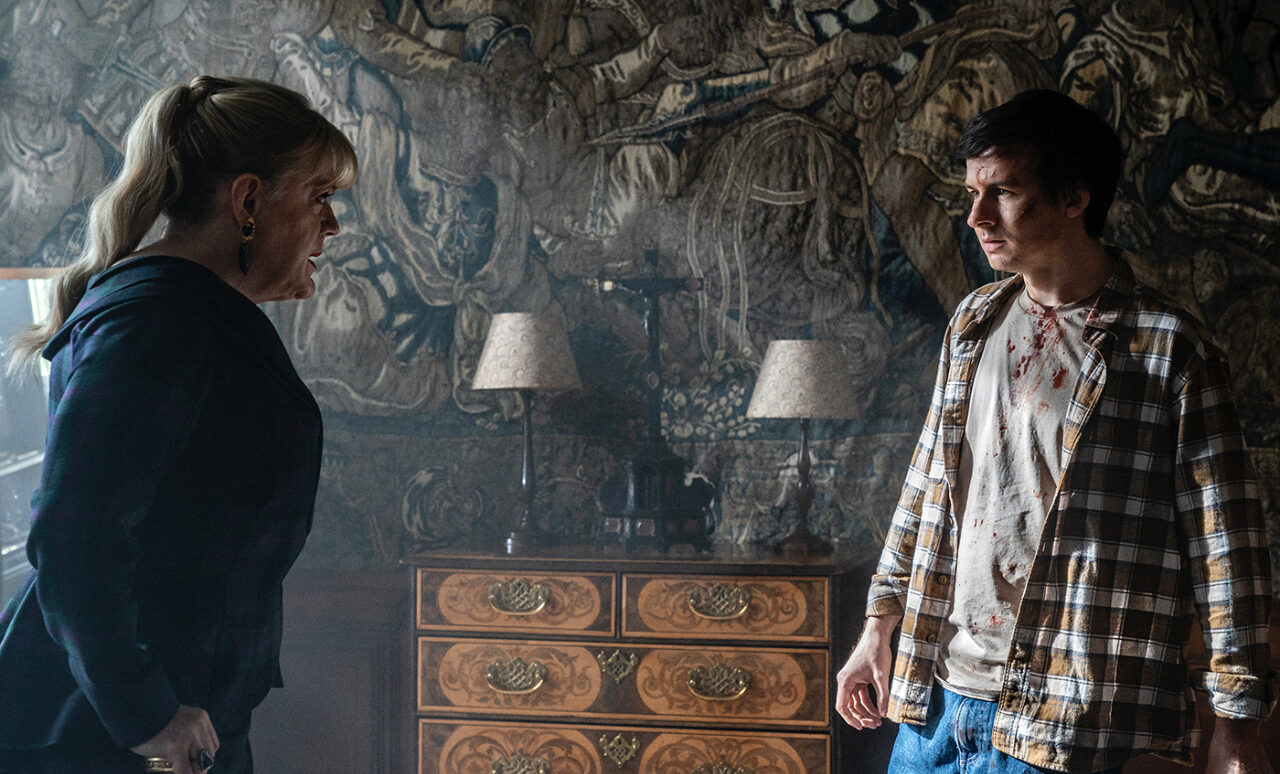
Doctor Jekyll isn’t just a revival of Hammer Films Production under the guidance of renowned theatre mogul John Gore – oh no. It also brings back to life camp horror on the big screen, asserting that there’s space to be both terrified and laugh hysterically in the current cinematic climate of mainstream releases featuring stories and characters that take themselves way too seriously. This new generation of Hammer films is kickstarted by Doctorr Jekyll, boasting a talented cast that includes beloved comedian Eddie Izzard and rising star Scott Chambers.
While most horror films revel in either extreme violence or larger-than-life phantoms and fantasies, Doctor Jekyll creates an intensely terrifying environment by destroying the sanctity and security of a home and relationship. The reimagined story follows Rob, the new hire of Nina Jekyll, striving to turn his life around after a stint in prison in hopes of seeing his daughter. Nina is enamoured by Rob and the two build a close bond that is disrupted by the manipulative and malevolent Rachel Hyde, Nina’s cursed alter-ego. Joe Stephenson’s direction uses a lot of literary gothic tropes to achieve the extreme pressure and powerlessness Rob faces throughout the film.
First is the uncanny voyeurism and the constant feeling of being watched. Nina’s mansion is littered with security cameras: not a single room is unseen by Rachel. Then there’s the heavy emphasis on space and boundaries, with scenes of Rob behind windows – the frames almost looking like prison cages – and plenty of locked rooms and doors. Stephenson takes these things that are meant to keep a person safe or make them feel secure and twists them into something suffocating and dangerous. This is especially the case for Rob’s friendship with Nina and the trust that he builds with her, which Rachel uses to her advantage. While the film does use a few special effects to create that classic horror atmosphere and amplify the campiness of it all, it succeeds the most in destroying comfort and creating chaos through their relationship. And it’s during all of the mayhem that the humour fully comes through.
Other production choices that make Doctor Jekyll all the scarier are the scenes of body horror, the score full of manic violins, pipe organs and brass instruments, and the slightly off-centre framing in specific scenes contrasting against the perfectly symmetrical framing of Rachel. Izzard is both charming and terrifying, and audiences can understand why Rob is so easily infatuated by her. Chambers for his part is perfectly convincing in Rob’s genuine care for Nina, his determination to see his daughter and the helplessness he feels against the overpowering figure that is Rachel.
At its heart, Doctor Jekyll is surprisingly grounded in the characters’ dynamic, with their relationship almost a subliminal commentary on class division and wealth. It’s terrifying in all the right beats and at times horrifically funny. Doctor Jekyll is an enthusiastic welcome into the new era of Hammer Films and an exciting precedent for its future.
Mae Trumata
Doctor Jekyll is released nationwide on 27th October 2023.
Watch the trailer for Doctor Jekyll here:


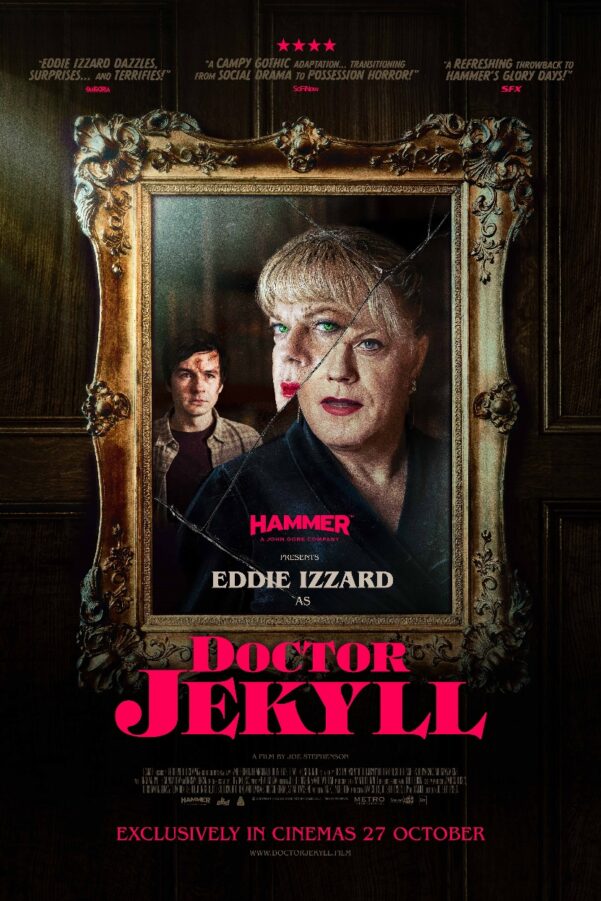
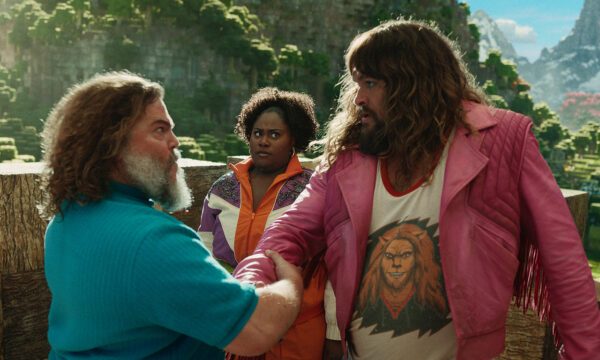




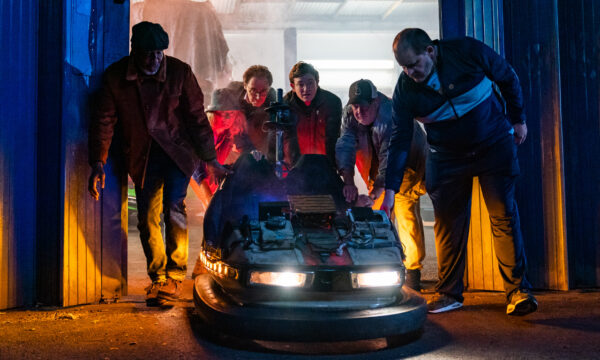
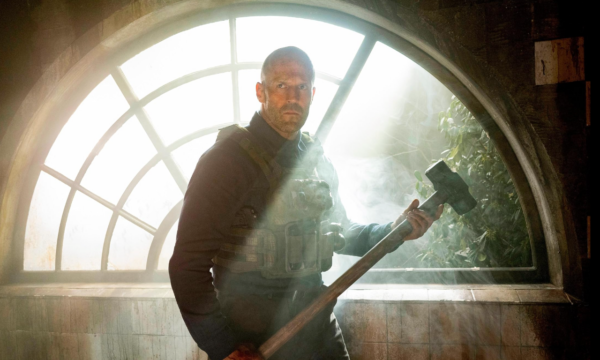
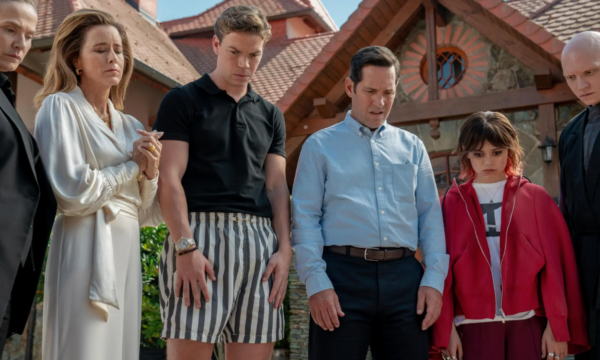








Facebook
Twitter
Instagram
YouTube
RSS